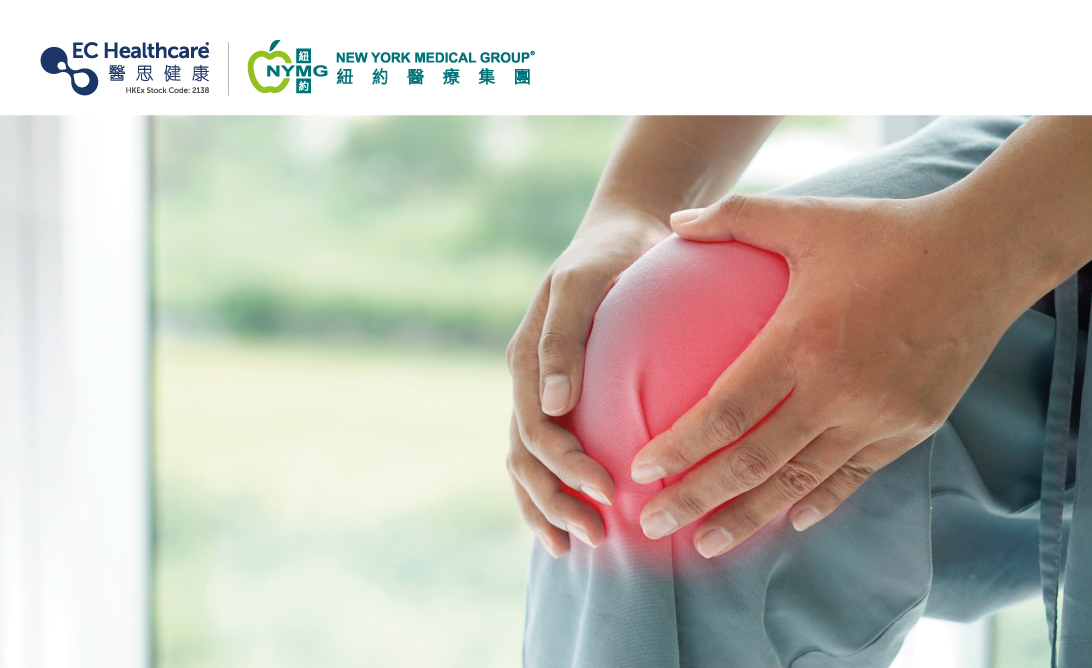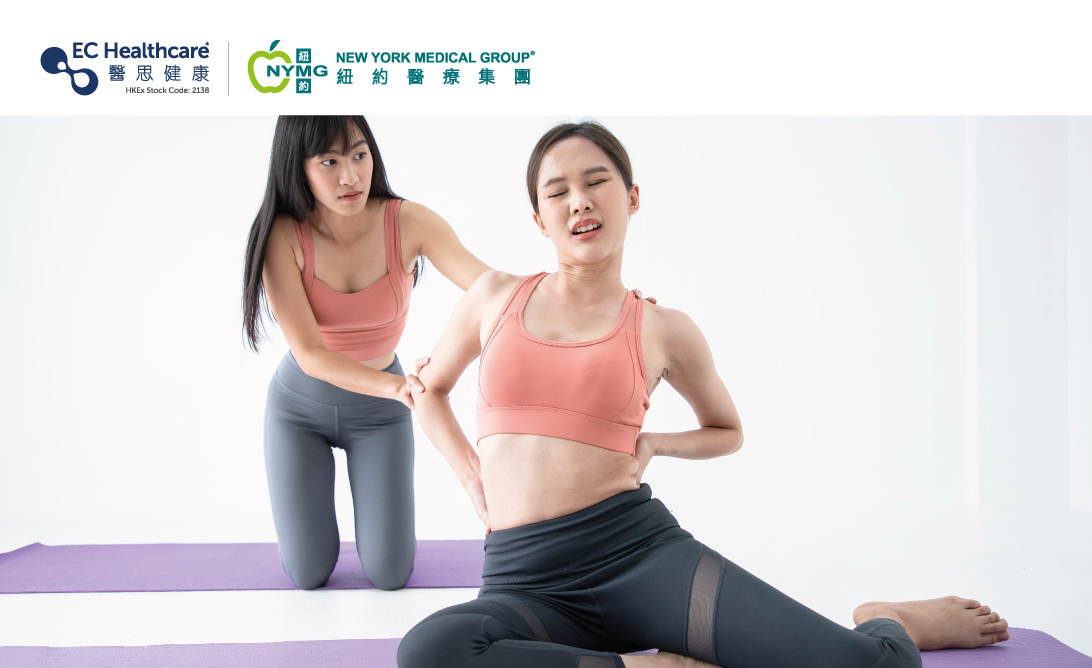Chilly Weather, Achy Joints: A Concern for the City’s Workforce


The discomfort of rheumatic joint pain has long troubled hardworking individuals, often causing unbearable pain when they wake up on winter mornings. With the recent cooling weather in Hong Kong, many people are seeking medical help for their struggles with rheumatic joint pain.

Many Hong Kong residents are prone to spinal misalignment due to lack of exercise, obesity, and poor posture. For individuals with widespread body aches, the common causes are misaligned spine and soreness in the soft tissues like muscles and tendons due to injury or chronic strain. These patients often experience soreness and weakness in multiple areas of their bodies, with walking exacerbating the pain at times, while prolonged inactivity can also be a contributing factor. Typically, a few days of rest lead to improvement, only to be followed by relapses. The most common areas of misalignment include the shoulders, back, waist, and calves. Strictly speaking, this is not considered a disease. By maintaining a healthy weight, balancing activity and rest, and paying attention to proper posture, the soreness will naturally fade away. Here are three anti-rheumatic tips to consider:
Anti-Rheumatic Tip 1: Joint Warmth Knows No Season
"Keeping warm" aids in alleviating joint stiffness and pain. To avoid knee pain upon waking or at any time, consider wearing long pants and using knee braces for warmth. Additionally, localized heat application to stiff joints can be beneficial. Try using an electric blanket, heating pad, warm water soak, warm towel compress, or heat packs to invigorate your joints and restore mobility. Pairing these simple stretching and warm-up exercises is like applying lubricant to your joints, ensuring a smooth start to your day's activities.
Anti-Rheumatic Tip 2: Nourish Joints with Low-Impact Aerobic Exercise
To maintain joint health, relying solely on nutritional supplements is not enough. Exercise is essential to strengthen joint endurance and muscle strength. However, for individuals with degenerative joint conditions, it is advisable to avoid activities like uphill climbing, downhill walking, stair descent, squatting, running, and jumping during physical activities. For individuals with rheumatoid arthritis, the knee cartilage has reduced tolerance, making these movements not only painful but also detrimental to joint health.
Anti-Rheumatic Tip 3: Choose the Right Shoes for Walking Technique Practice
Whether walking on flat surfaces or engaging in physical activities, individuals with arthritis are advised to opt for supportive, shock-absorbing footwear such as specialized running shoes or hiking boots. Avoid high heels or thin-soled shoes. These shoes effectively absorb the impact of the ground when your feet touch the surface, preventing excessive strain on the hip and knee joints and reducing joint burden. For individuals with knee arthritis aiming to alleviate pain while walking, the "good up, bad down" technique is recommended. When climbing stairs or inclines, lead with the healthier leg and follow with the more affected leg. Conversely, when descending stairs or slopes, reverse the order, starting with the more affected leg. This technique helps maintain balance and places less stress on the leg bearing the majority of the body's weight.
Related Brands







